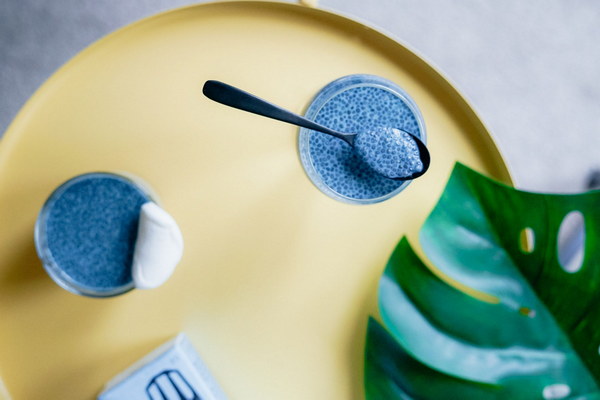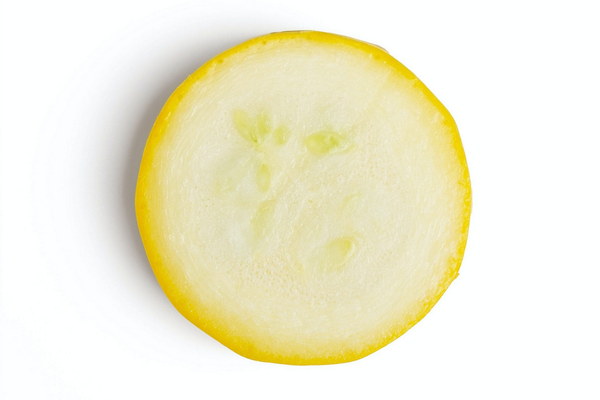Liver and Lung Nourishment Discover the Benefits of Traditional Chinese Herbs in Tea
In the realm of traditional Chinese medicine (TCM), the concept of balancing the body's internal organs is paramount. Among these, the liver and lungs play critical roles in maintaining overall health and vitality. By incorporating specific Chinese herbs into your daily tea routine, you can support these vital organs and enhance your well-being. This article delves into the top Chinese herbs that are known for their liver and lung-nourishing properties, offering a natural and effective way to maintain respiratory and hepatological health.
1. Chuan Xiong (Ligusticum chuanxiong)
Chuan Xiong, also known as Sichuan lovage, is a popular herb in TCM. It is believed to have strong analgesic and anti-inflammatory effects, which can help alleviate conditions affecting the liver and lungs. By improving blood circulation and reducing congestion, Chuan Xiong can aid in the relief of respiratory issues such as asthma and bronchitis.
2. Bai Hua She Chong (Cynanchum wilfordii)
Bai Hua She Chong, or the Indian bittersweet, is often used to nourish the liver and lung tissues. It is believed to help with respiratory issues, particularly those related to the lungs, such as chronic cough and bronchitis. The herb's diuretic properties may also assist in the elimination of excess fluid, which can be beneficial for those with liver conditions like hepatitis.
3. Ba Ji Tian (Morinda officinalis)
Ba Ji Tian, also known as the Chinese dodder, is a potent herb that is often used to support liver and lung health. It is believed to help with fatigue, respiratory problems, and liver dysfunction. Ba Ji Tian is rich in antioxidants and may help to protect the liver cells from damage, which is essential for maintaining healthy liver function.
4. Mu Dan Pi (Moutan Cortex)
Mu Dan Pi, or the peony bark, is well-known for its liver-cleansing properties. It is often used to treat conditions such as jaundice and liver inflammation. The herb contains compounds that are thought to improve liver detoxification and reduce the risk of liver disease. Additionally, Mu Dan Pi is believed to have a calming effect on the lungs, making it useful for respiratory conditions that are accompanied by irritability.
5. Xuan Shen (Scrophularia ningpoensis)
Xuan Shen, or the Ningpo figwort, is another herb that is highly valued for its liver and lung benefits. It is often used to support the respiratory system and to enhance lung function. Xuan Shen is also known for its anti-inflammatory properties, which can help alleviate symptoms of respiratory conditions such as allergies and bronchial asthma.

How to Prepare the Herbs for Tea
To prepare a liver and lung-nourishing tea, you will need to follow these simple steps:
1. Purchase High-Quality Herbs: Ensure that the herbs you purchase are of high quality and have been sourced from a reputable supplier.
2. Measure the Herbs: Use about one teaspoon of dried herb for each cup of tea.
3. Boil Water: Bring water to a boil and let it cool slightly before pouring it over the herbs.
4. Steep the Herbs: Cover the herb mixture and steep for about 5-10 minutes.
5. Strain and Serve: Strain the herbs from the water and serve the tea warm or at room temperature.
Conclusion
Incorporating these traditional Chinese herbs into your daily tea routine can offer a natural and effective way to support your liver and lung health. However, it is essential to consult with a healthcare professional or a TCM practitioner before starting any new herbal regimen, especially if you have pre-existing health conditions or are taking other medications. By following the right steps and using high-quality herbs, you can enjoy the numerous benefits that these natural remedies have to offer.









